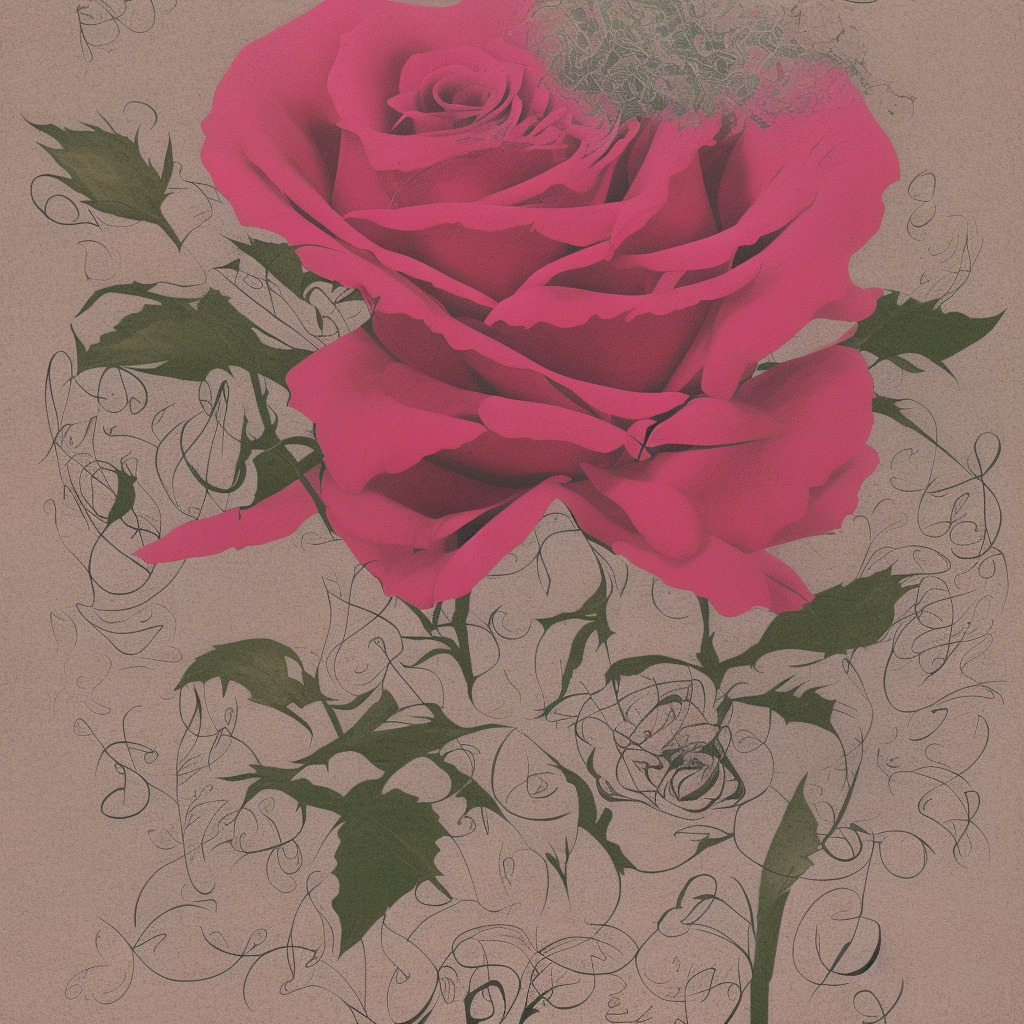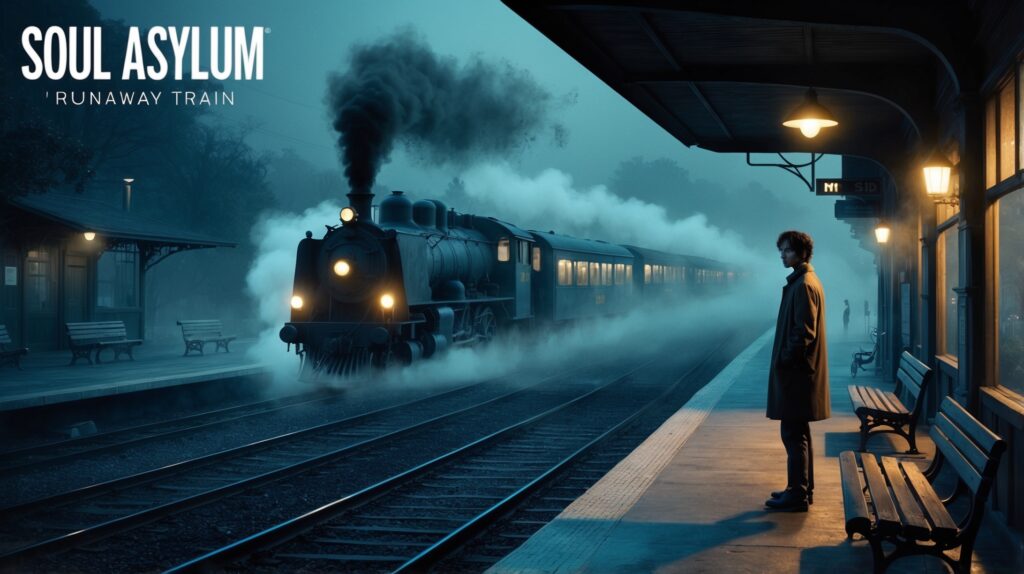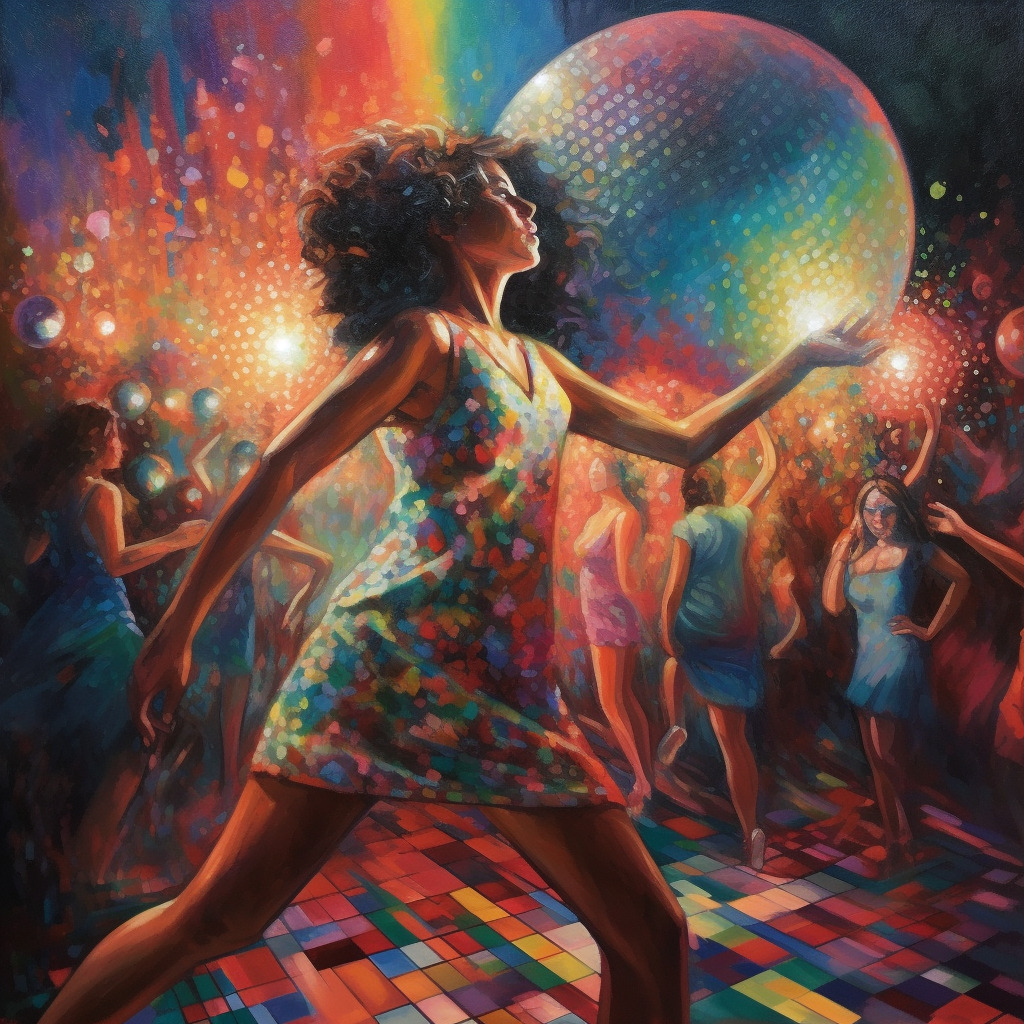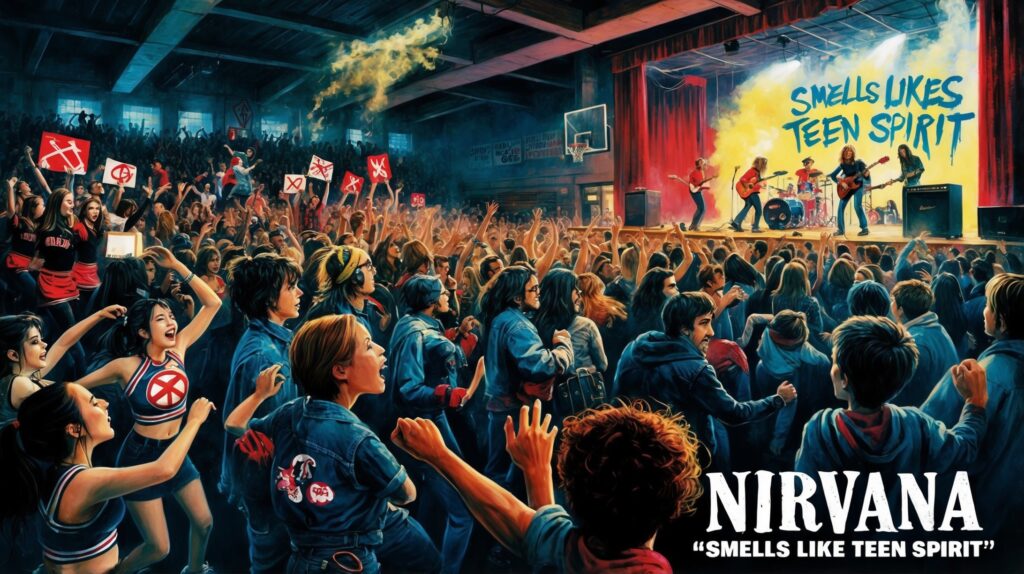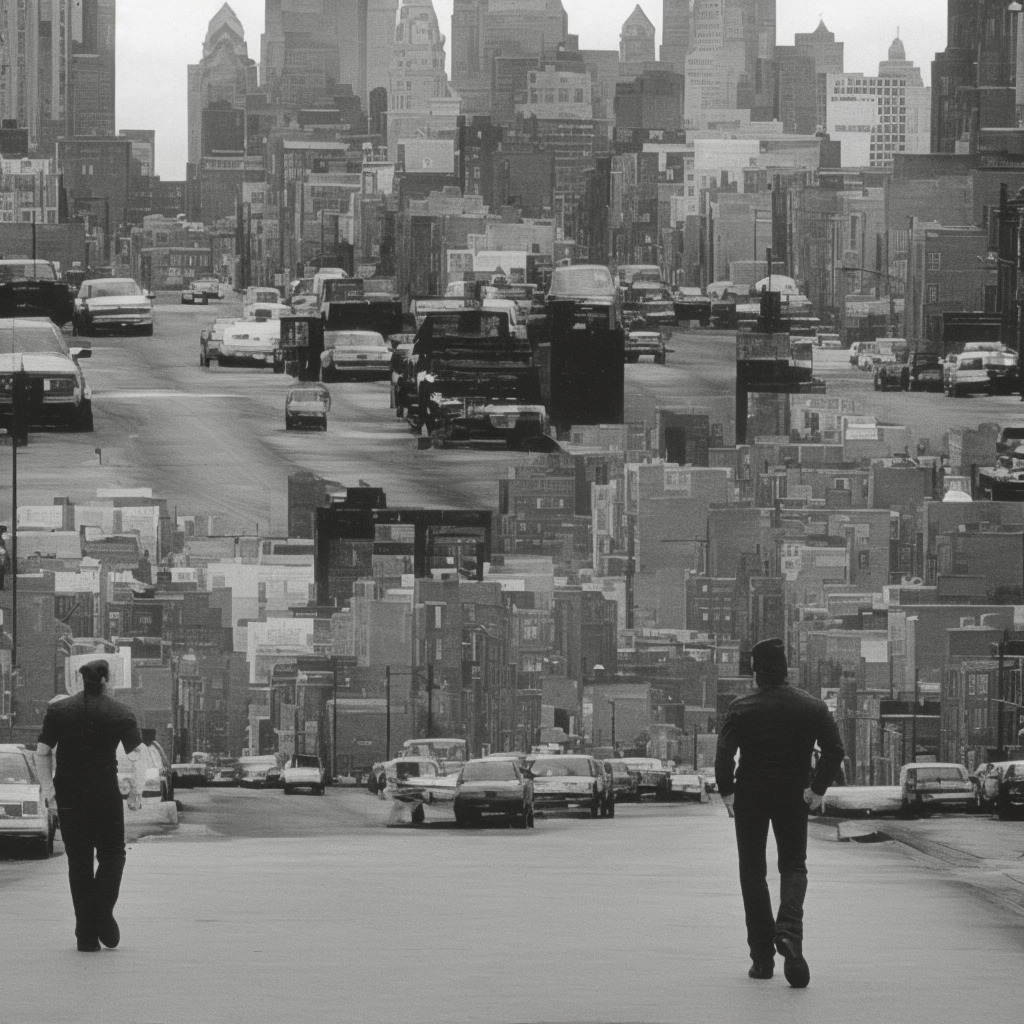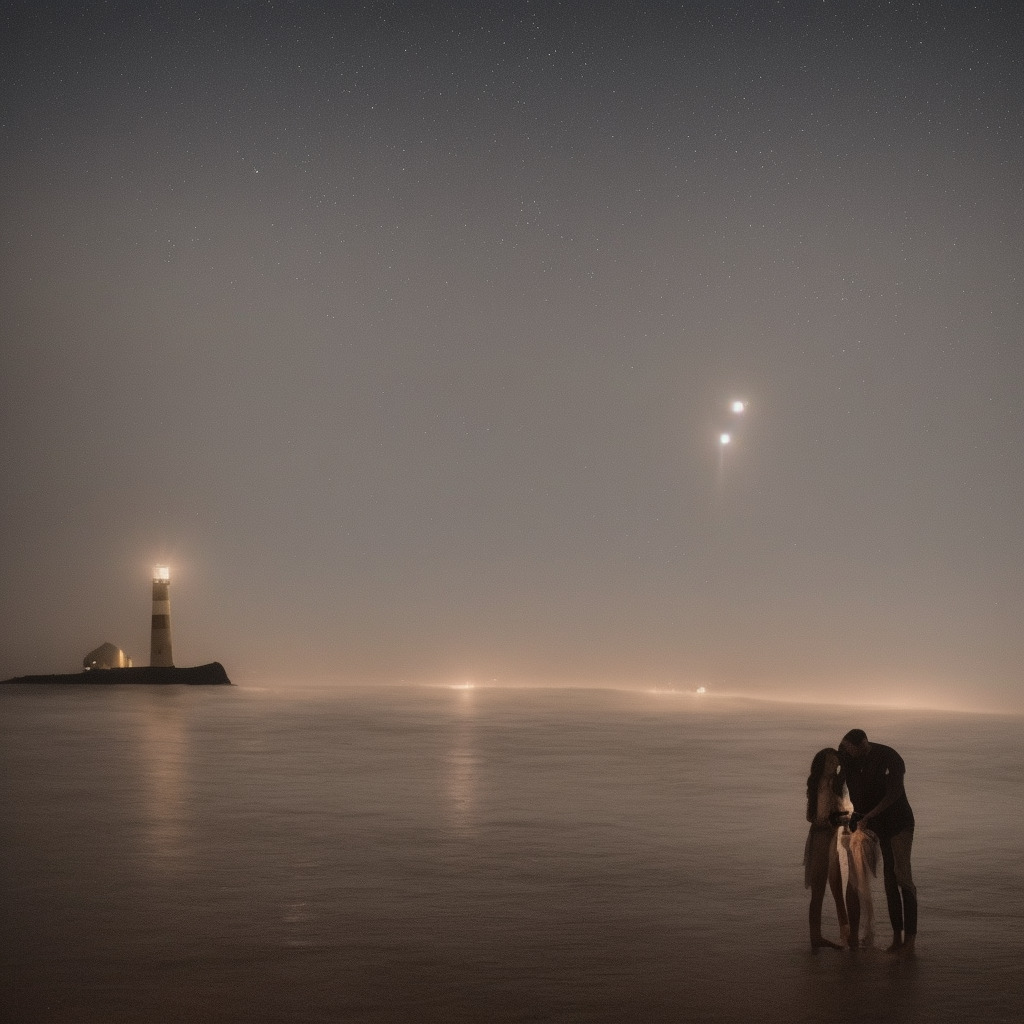?Bette Midler’s timeless classic, “The Rose” bloomed to life in 1979, but did you know it was inspired by a Persian poem??? Keep the love growing! ❤️ #TheRose #BetteMidler #MusicTrivia #PoeticTunes Read about it: tinyurl.com/mwckh38c
Blooming Success: The Power and Impact of Bette Midler’s Masterpiece
“Unfading Blossom: Bette Midler’s timeless talent blooms through ‘The Rose,’ embodying five decades of musical brilliance and emotional resonance.”
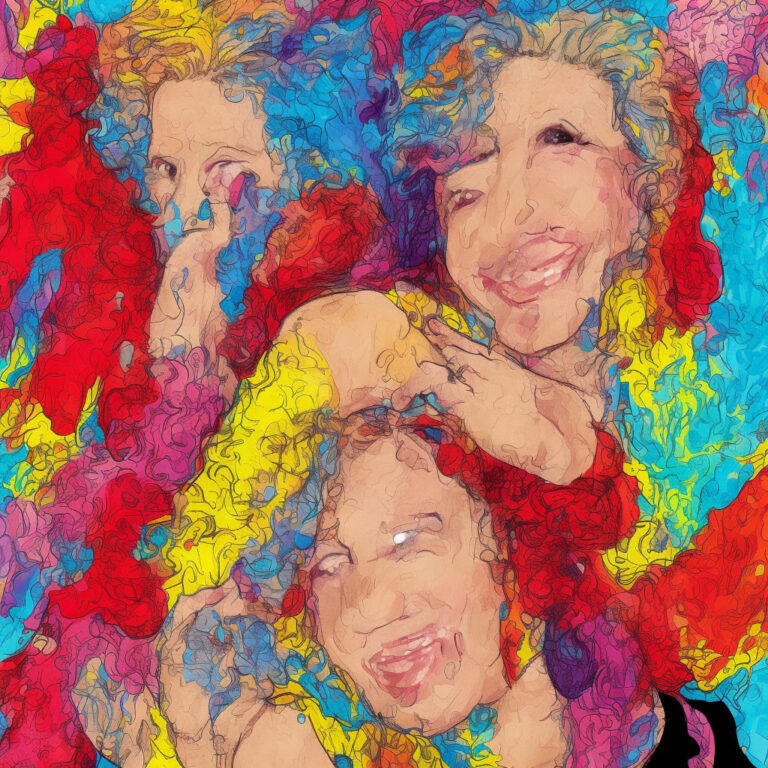
The music industry has seen many artists come and go, but few achieve the level of success and longevity that Bette Midler has enjoyed. With a career that spans over five decades, she has cemented her place in the annals of music history as one of the most versatile and talented performers of our time. To truly appreciate Midler’s genius, one must delve into her iconic song “The Rose,” a tune that not only showcases her vocal prowess but also embodies the essence of her artistry.
Bette Midler, born in 1945 in Honolulu, Hawaii, first gained attention as a singer and actress in the 1970s. She was a charismatic performer, and her distinct style helped her stand out among her contemporaries. Early in her career, she won a Grammy Award for Best New Artist in 1973, which set the stage for her future success.
It’s hard to imagine a world without “The Rose,” a song that has endured since its release in 1979. Featured in the film of the same name, Midler’s soulful and powerful rendition of the song earned her a Golden Globe for Best Actress and an Academy Award nomination. Though the film received mixed reviews, the song emerged as a standout hit, with many praising Midler’s emotional and breathtaking performance. Written by Amanda McBroom, “The Rose” became one of Midler’s most enduring songs, reaching #3 on the Billboard Hot 100 chart and earning her a Grammy nomination for Best Female Pop Vocal Performance in 1980.
Although Midler’s star has never truly faded, there have been moments when her music career seemed to take a back seat to her other ventures, such as acting and philanthropy. However, it is hard to deny that her voice, when paired with the right material, is a force to be reckoned with. “The Rose” is the perfect example of this, as it highlights her ability to convey raw emotion through her vocals.
Throughout her career, Bette Midler has received numerous accolades, including four Grammy Awards, three Emmy Awards, and a Tony Award. The breadth of her awards speaks to her incredible versatility as a performer. Known for her wit and comedic timing, Midler has also built a reputation as an entertaining and captivating live performer. However, it’s essential to remember that at her core, she is an exceptional singer, and “The Rose” remains a shining example of her timeless talent.
In conclusion, Bette Midler’s storied career is filled with numerous highlights, but few are as powerful and captivating as her performance in “The Rose.” It stands as a testament to her talent as both a singer and an actress, and the song itself has become an evergreen classic, beloved by generations. Midler’s success and longevity in the industry can be attributed to her unique ability to capture an audience’s attention, both on stage and on film, and it’s clear that her star will continue to shine for years to come.
Charting the Success of an Iconic Ballad
Climbing the charts and capturing hearts, Bette Midler’s iconic ballad “The Rose” blossoms with timeless allure and transcends generations.
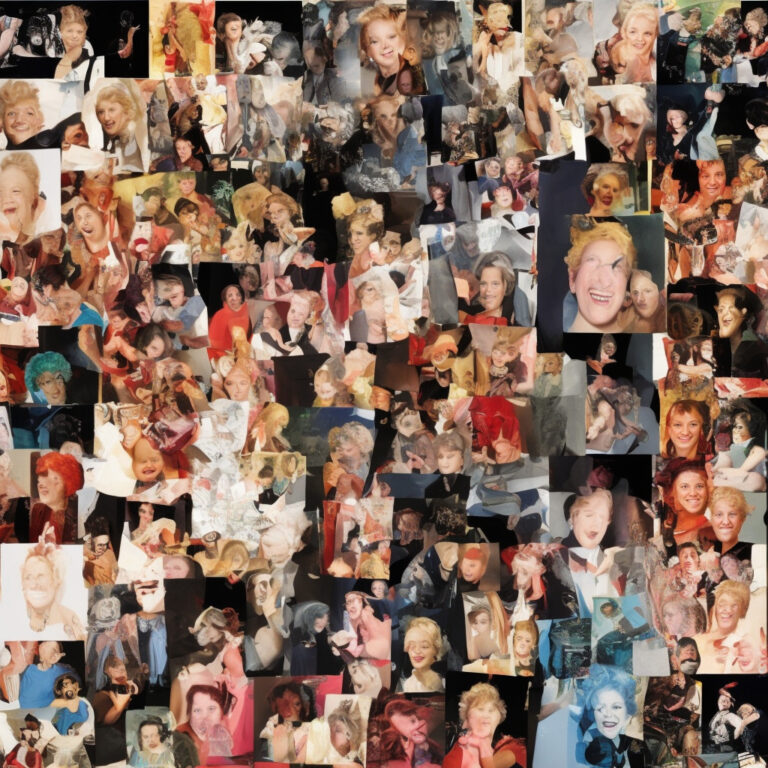
When it comes to chart performance, “The Rose” certainly left a lasting impression, establishing itself as one of Bette Midler’s most iconic songs. Released on February 1, 1980, the single made its presence known on the charts and showcased the powerful ballad’s unwavering impact.
Upon its release, “The Rose” made its initial debut on the Billboard Hot 100 chart at the 81st position. However, it didn’t take long for the song to climb to the top, as it went on to peak at the 3rd position on June 7, 1980. The song spent a total of 20 weeks on the chart and became a fan-favorite, showcasing the timeless allure of Midler’s performance.
As if that wasn’t enough, “The Rose” also showcased its prowess on the Adult Contemporary chart, where it managed to claim the coveted #1 spot for an impressive five weeks in May-June 1980. This feat further solidified the song’s status as a classic ballad and a testament to Midler’s exceptional abilities as an artist.
Over the years, the song has experienced a resurgence in popularity, thanks to various covers and performances by other notable artists. These renditions have helped introduce a new generation of listeners to the magic of “The Rose” and ensured its place in music history.
But it’s not just the US charts where “The Rose” made its mark. The song also experienced success across the pond, reaching the 5th position on the UK Singles Chart. This international success stands as further evidence of the song’s universal appeal and Midler’s incredible talent.
In conclusion, “The Rose” demonstrated remarkable chart success upon its release, reaching top positions on several major charts and enjoying sustained popularity over time. Its position as a beloved classic is a testament to both the song’s hauntingly beautiful composition and Bette Midler’s unforgettable performance.
Delving Deeper into the Heart and Soul of “The Rose”
Some say love, it is a river
That drowns the tender reed
Some say love, it is a razor
That leaves your soul to bleed
Some say love, it is a hunger
An endless aching need
I say love, it is a flower
And you, its only seed
It’s the heart afraid of breaking
That never learns to dance
It’s the dream afraid of waking
That never takes the chance
It’s the one who won’t be taken
Who cannot seem to give
And the soul afraid of dying
That never learns to live
When the night has been too lonely
And the road has been too long
And you think that love is only
For the lucky and the strong
Just remember in the winter
Far beneath the bitter snows
Lies the seed that with the sun’s love
In the spring becomes the rose
“The Rose” by Bette Midler is one of those songs that, at first glance, may seem like a simple love ballad, but upon closer examination of the lyrics, we discover a depth and complexity that speaks to the human condition and the healing power of love. These lyrics poignantly capture the struggles and triumphs of love and life in a way that is both timeless and resonant with the social climate of the late 1970s – early 1980s when the song was released.
During this time, the world was witnessing significant social and political changes, with the Vietnam War ending in 1975, and the rise of various social movements. The lyrics of “The Rose” seem to capture this spirit of resilience, urging listeners to not be afraid and to take chances despite the obstacles they might face. Lines like “It’s the heart afraid of breaking, That never learns to dance” and “It’s the dream afraid of waking, That never takes the chance” serve as powerful reminders that growth and beauty often emerge from adversity and pain.
The metaphor of love as a flower, with its cycles of growth, blooming, and renewal, connects deeply with the theme of hope and the belief in the transformative power of love to heal and restore. When the lyrics say “Just remember in the winter, Far beneath the bitter snows, Lies the seed that with the sun’s love, In the spring becomes the rose,” they remind us that even in the darkest moments, the potential for love and happiness still exists, waiting to flourish when the time is right.
In conclusion, the lyrics of “The Rose” not only showcase Bette Midler’s incredible talent as a songwriter but also offer an inspiring message of hope and resilience that continues to resonate with listeners today. As an experienced music blogger, it is this kind of depth and relevance that make this song a true classic, and it is no wonder that it has stood the test of time.
A Visual Expression of a Timeless Classic: The Rose’s Music Video
A Timeless Classic Reimagined: The Rose’s Music Video Captures the Heart with Raw Emotion & Gritty Monochrome Elegance.
While the song “The Rose” by Bette Midler has become a timeless classic since its release in 1979, its accompanying music video has also managed to capture the hearts of many. The music video, directed by Mark Rydell, features a simple and raw approach that beautifully complements the song’s touching lyrics and Midler’s powerful vocals.
In the music video, Bette Midler is seen in a recording studio surrounded by her band and backup singers. The video is shot in black and white, lending a nostalgic and timeless feel to the visuals. The choice to shoot in black and white also places a greater emphasis on the emotional intensity of the song and the artist’s performance. Throughout the video, Midler’s passionate and soulful singing takes center stage, as the camera intimately captures her facial expressions and the emotion conveyed through her voice.
Though the music video for “The Rose” does not feature any elaborate sets or special effects, its power lies in its subtlety and the emotional connection it creates with the audience. The video was predominantly shot using a single camera and relies heavily on close-ups of Midler and her bandmates, which allows the viewer to focus on the song’s heartfelt message of love and resilience.
In terms of production, the music video was produced on a relatively modest budget, which is reflective of the pared-down style and intimate atmosphere achieved in the visuals. This simplicity is a testament to the director’s and artist’s vision to allow the music and lyrics to shine without any distractions.
Over the years, fans of the song have also created their own tributes and covers on YouTube, giving their interpretations of the track and showcasing its enduring impact on listeners. These fan videos come in various forms, ranging from simple recordings of vocal covers to more elaborate productions featuring personal stories inspired by the song.
Overall, the music video for “The Rose” is a powerful and poignant accompaniment to Bette Midler’s classic song. The director’s artistic approach and the video’s simplicity enable the viewer to truly connect with the emotion and message of the song, leaving a lasting impression that continues to resonate with audiences today.
The Man Behind the Melody: Meet Amanda McBroom
Amanda McBroom, the talented composer of Bette Midler’s timeless hit “The Rose,” is an accomplished singer-songwriter with an extensive body of work to her name. Born in Burbank, California, McBroom began her career in the world of theater and later transitioned to songwriting – a decision that would lead to her well-deserved acclaim. In addition to “The Rose,” she has penned songs for other notable artists such as Judy Collins, Barbara Cook, and LeAnn Rimes. One of her notable compositions is “Dreaming,” a song that featured in the film “The Informant!” and earned McBroom a Golden Globe nomination. With a style that seamlessly blends emotional depth and poetic lyricism, Amanda McBroom has established herself as a creative force to be reckoned with in the music industry.
A Bouquet of Accolades and Memorable Appearances
“The Rose: A Timeless Classic Blooming with Accolades, Media Appearances, and Heartfelt Renditions”
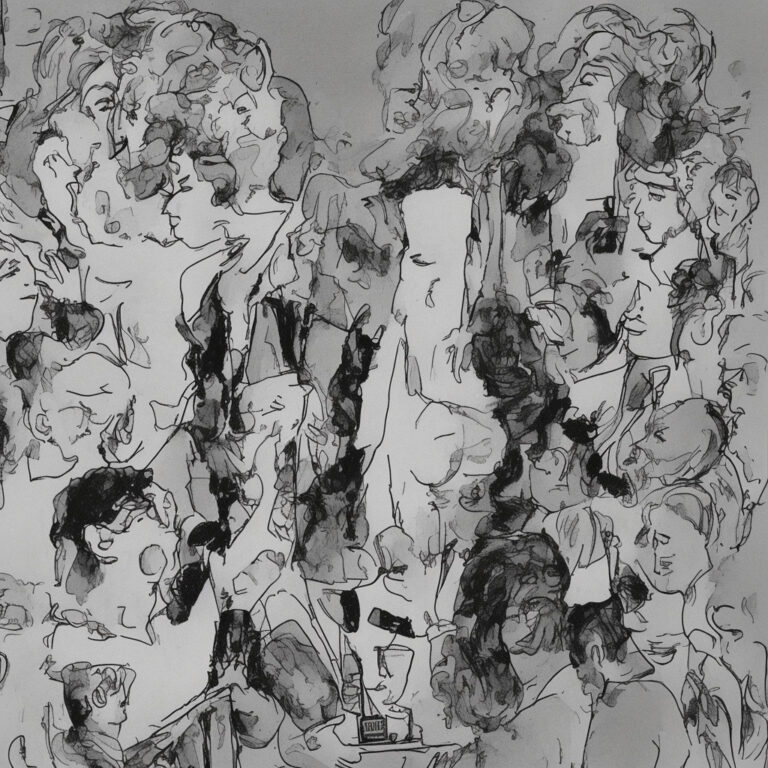
Released in 1979, “The Rose” has bloomed into a timeless classic that continues to touch the hearts of listeners. As an emblematic ballad, it has garnered numerous accolades and has made a significant impact on various media platforms over the years.
Adorning the crown of “The Rose” are the prestigious awards it has received. The most notable among them is the Grammy Award for Best Female Pop Vocal Performance that Bette Midler won in 1980. Amanda McBroom, the songwriter, was also honored with a Golden Globe Award for Best Original Song in the same year. Additionally, “The Rose” was nominated for the Academy Award for Best Original Song, further proving its enduring appeal.
The song’s impact extends beyond the confines of the music industry, making its presence felt in movies, television, and video games. Most famously, “The Rose” served as the theme song for the 1979 movie of the same name, in which Bette Midler made her acting debut as the lead character, a role that earned her a nomination for Best Actress at the Academy Awards. Over the years, the song has been featured in TV shows like “The Simpsons,” “Family Guy,” and “King of the Hill,” as well as in the video game “Karaoke Revolution Presents: American Idol Encore.”
Its timeless appeal has inspired various artists to create their renditions of “The Rose.” Among the most notable cover versions are those by Conway Twitty, a country music legend who took his version to the top of the country charts in 1983, and Westlife, the Irish boyband who included the song in their 2006 album “The Love Album.” Other artists who have fueled the song’s legacy through their covers include LeAnn Rimes, Bonnie Tyler, and Barry Manilow.
As “The Rose” continues to flourish through the years, its awards, media appearances, and the multitude of heartfelt cover versions all stand as testimony to the song’s enduring charm and its powerful message of love and hope. Its legacy will undoubtedly continue to grow, inviting new generations of listeners to experience and appreciate the beauty of this musical masterpiece.
Dissecting the Musical Anatomy
Diving into the musical structure of “The Rose,” it’s evident that the song’s timeless charm and emotional impact stem from its simplicity and heartfelt delivery. Written in the key of C Major, the song possesses an uplifting quality that complements the poignant lyrics. The chord progression follows a I-IV-V pattern (C, F, G), which is a classic structure that contributes to the song’s accessibility and appeal to a wide audience.
One noteworthy aspect of “The Rose” is its tempo, which sits at a leisurely 66 beats per minute. This slow pace allows the listener to fully absorb the emotional weight of the lyrics and melody, ultimately contributing to the song’s tear-jerking reputation. The 4/4 time signature provides a steady foundation for the waltz-like rhythm, further enhancing the song’s sentimental nature.
The arrangement of “The Rose” is minimalistic, with the piano serving as the primary instrument throughout the song. The delicate piano accompaniment perfectly complements Bette Midler’s emotive vocal performance, which takes center stage. The song gradually builds in intensity, adding subtle layers of strings and background vocals to create a rich, full sound that crescendos during the final chorus, before fading away with a gentle piano outro.
Another fascinating aspect of “The Rose” is the way it utilizes dynamics to create tension and release. The verses are marked by a softer, more introspective tone, while the choruses burst with energy and emotion. This contrast is most evident during the bridge, where the music swells to its most powerful point before returning to a hushed intensity in the final verse.
In conclusion, the musical structure of “The Rose” serves as a testament to the power of simplicity in songwriting. Its classic I-IV-V chord progression, slow tempo, and minimalistic arrangement allow the lyrics and vocal performance to take center stage. The song’s dynamic shifts and emotional intensity make it a timeless piece that continues to resonate with listeners across generations.

